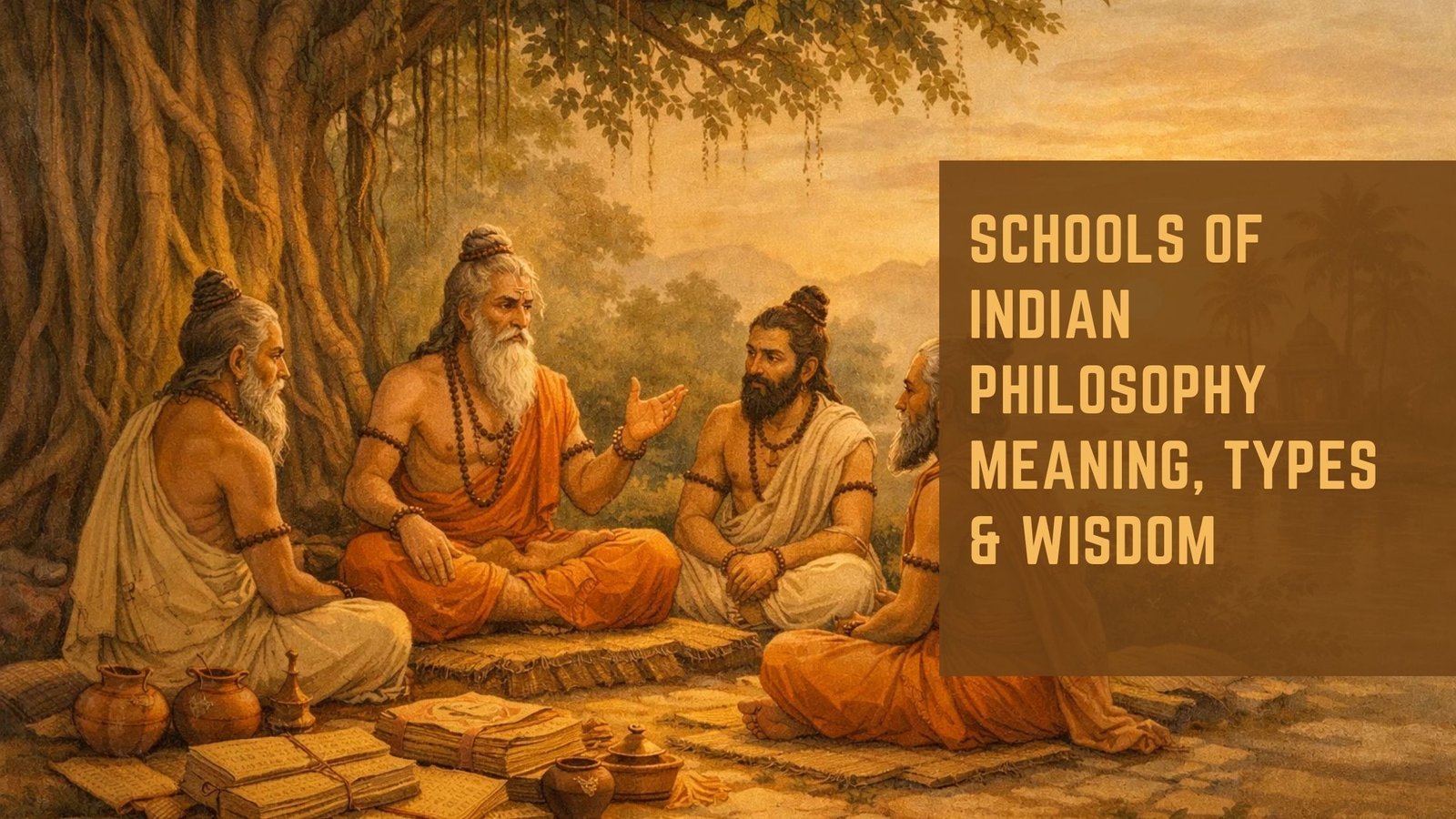The Bhagavad Gita, often referred to simply as the Gita, is a 700-verse Hindu scripture that is part of the Indian epic Mahabharata. It is a dialogue between Prince Arjuna and Lord Krishna, who serves as his charioteer. This sacred text addresses the moral and philosophical dilemmas faced by Arjuna as he prepares to go into battle against his own relatives, teachers, and friends.
The Gita transcends its historical and cultural context, offering profound insights into the nature of life, duty, and the self. Its teachings have resonated with countless individuals across generations, providing guidance on how to navigate the complexities of existence. The Gita’s significance extends beyond religious boundaries; it has been embraced by philosophers, psychologists, and spiritual seekers alike.
Its exploration of human emotions, ethical dilemmas, and the quest for meaning makes it a timeless resource for understanding the human condition. As modern society grapples with issues of mental health, stress, and existential uncertainty, the wisdom contained within the Gita offers a pathway to mental well-being and inner peace. By delving into its teachings, individuals can find practical tools to enhance their mental health and cultivate a more fulfilling life.
Key Takeaways
- The Bhagavad Gita is a sacred Hindu scripture that offers timeless wisdom and guidance for achieving mental well-being and spiritual growth.
- The concept of mental well-being in the Bhagavad Gita emphasizes the importance of maintaining a balanced mind, free from attachment and aversion, and cultivating inner peace and contentment.
- Mindfulness and meditation are prescribed in the Bhagavad Gita as powerful tools for calming the mind, gaining self-awareness, and connecting with the divine within.
- The principles of karma and dharma in the Bhagavad Gita teach individuals to act selflessly, without attachment to the results, for the well-being of themselves and others.
- Detachment and selflessness are emphasized in the Bhagavad Gita as pathways to finding inner peace and contentment, free from the anxieties and stresses of worldly attachments.
- The teachings of the Bhagavad Gita offer practical strategies for overcoming stress and anxiety by cultivating a resilient mindset and finding strength in one’s inner self.
- The wisdom of the Bhagavad Gita encourages individuals to cultivate resilience and strength by aligning their actions with their higher purpose and embracing life’s challenges as opportunities for growth.
- Integrating the teachings of the Bhagavad Gita into modern mental health practices can provide individuals with a holistic approach to mental well-being, combining ancient wisdom with contemporary therapeutic techniques.
Understanding the concept of mental well-being in the Bhagavad Gita
In the Bhagavad Gita, mental well-being is intricately linked to the concepts of self-awareness and self-realization. The text emphasizes the importance of understanding one’s true nature beyond the physical body and societal roles. This understanding fosters a sense of inner peace that is not easily shaken by external circumstances.
The Gita teaches that true happiness arises from aligning one’s actions with their higher self, rather than being swayed by fleeting desires or societal expectations. This perspective encourages individuals to cultivate a deeper connection with themselves, leading to a more stable and resilient mental state. Moreover, the Gita introduces the idea of equanimity—maintaining a balanced mind in the face of life’s ups and downs.
Lord Krishna advises Arjuna to perform his duty without attachment to the results, which is a fundamental principle for achieving mental well-being. By focusing on the process rather than the outcome, individuals can reduce anxiety and stress associated with performance and expectations. This approach not only enhances mental clarity but also fosters a sense of purpose and fulfillment in one’s actions.
Practicing mindfulness and meditation as prescribed in the Bhagavad Gita

Mindfulness and meditation are central themes in the Bhagavad Gita, serving as essential practices for achieving mental clarity and emotional stability. The text encourages individuals to engage in regular meditation as a means of quieting the mind and connecting with their inner selves. Through meditation, one can cultivate awareness of thoughts and emotions without becoming entangled in them.
This practice aligns with the Gita’s teachings on self-discipline and focus, allowing individuals to develop a deeper understanding of their mental processes. The Gita also highlights the importance of being present in each moment. By practicing mindfulness, individuals can learn to appreciate life as it unfolds rather than being preoccupied with past regrets or future anxieties.
This presence fosters a sense of gratitude and contentment that contributes significantly to mental well-being. The teachings encourage practitioners to observe their thoughts and feelings without judgment, creating a space for self-acceptance and compassion. In this way, mindfulness becomes a powerful tool for navigating life’s challenges with grace and resilience.
(Source: Mindful.org)
Applying the principles of karma and dharma for mental well-being
| Principle | Explanation |
|---|---|
| Karma | Refers to the law of cause and effect, emphasizing that our actions have consequences, and by doing good deeds, we can create positive outcomes for ourselves and others, leading to mental well-being. |
| Dharma | Relates to one’s duty and moral responsibility, suggesting that by fulfilling our responsibilities and living in accordance with ethical principles, we can experience inner peace and mental harmony. |
| Mindfulness | Practice of being fully present and aware of our thoughts, feelings, and surroundings, which can help in aligning our actions with karma and dharma, leading to improved mental well-being. |
| Self-reflection | Process of examining our thoughts, behaviors, and motivations, allowing us to make conscious choices in line with karma and dharma, contributing to mental clarity and emotional balance. |
The concepts of karma and dharma are pivotal in the Bhagavad Gita’s approach to mental well-being. Karma refers to the law of cause and effect, where every action has consequences that shape one’s future experiences. Understanding this principle encourages individuals to act with intention and integrity, recognizing that their choices impact not only themselves but also those around them.
By embracing this awareness, individuals can cultivate a sense of responsibility for their actions, leading to greater mental clarity and purpose. Dharma, on the other hand, represents one’s duty or righteous path in life. The Gita emphasizes that fulfilling one’s dharma is essential for achieving inner peace and satisfaction.
When individuals align their actions with their true purpose, they experience a profound sense of fulfillment that transcends external validation. This alignment fosters resilience against life’s challenges, as individuals are grounded in their values and commitments. By applying the principles of karma and dharma, individuals can navigate their lives with greater confidence and clarity, ultimately enhancing their mental well-being.
Finding inner peace and contentment through detachment and selflessness
Detachment is a recurring theme in the Bhagavad Gita, where it is presented as a pathway to inner peace and contentment. Lord Krishna teaches Arjuna that attachment to outcomes can lead to suffering and disappointment. By cultivating detachment—an understanding that one’s worth is not tied to external achievements or possessions—individuals can experience a profound sense of freedom.
This detachment does not imply indifference; rather, it encourages individuals to engage fully in life while remaining unshackled by expectations. Selflessness is another vital aspect of finding inner peace as outlined in the Gita. The text advocates for selfless action—performing one’s duties without seeking personal gain or recognition.
This approach fosters a sense of connection with others and promotes compassion, reducing feelings of isolation or anxiety. When individuals act from a place of selflessness, they often find joy in contributing to the well-being of others, which in turn enhances their own mental health. By embracing detachment and selflessness, individuals can cultivate a deeper sense of contentment that is resilient against life’s inevitable challenges.
Overcoming stress and anxiety through the teachings of the Bhagavad Gita

The Bhagavad Gita offers valuable insights into overcoming stress and anxiety through its teachings on acceptance and surrender. Lord Krishna advises Arjuna to accept his circumstances without resistance, emphasizing that struggle often arises from an unwillingness to confront reality. By embracing acceptance, individuals can alleviate the mental burden associated with stressors beyond their control.
This shift in perspective allows for greater emotional resilience, enabling individuals to respond to challenges with clarity rather than fear. Additionally, the Gita encourages individuals to cultivate a sense of surrender to a higher power or universal order. This surrender does not imply passivity; instead, it involves trusting that there is a greater purpose at play in one’s life.
By letting go of the need to control every outcome, individuals can reduce anxiety related to uncertainty. This trust fosters a sense of peace that permeates daily life, allowing individuals to navigate stressors with grace and composure.
Cultivating resilience and strength through the Bhagavad Gita’s wisdom
Resilience is a key theme woven throughout the Bhagavad Gita’s teachings. The text illustrates that challenges are an inherent part of life; however, how one responds to these challenges determines their growth and strength.
This perspective fosters resilience by empowering individuals to adapt and evolve in response to adversity. Furthermore, the Gita emphasizes the importance of inner strength derived from self-awareness and self-discipline. By cultivating these qualities through practices such as meditation and mindfulness, individuals can develop a robust foundation for facing life’s trials.
The teachings encourage individuals to tap into their inner resources, fostering confidence in their ability to overcome difficulties. Through this cultivation of resilience and strength, individuals can navigate life’s uncertainties with courage and determination.
Integrating the teachings of the Bhagavad Gita into modern mental health practices
In contemporary society, there is an increasing recognition of the importance of integrating ancient wisdom into modern mental health practices. The teachings of the Bhagavad Gita offer valuable insights that can complement therapeutic approaches such as cognitive-behavioral therapy (CBT) or mindfulness-based stress reduction (MBSR). By incorporating principles such as mindfulness, detachment, and selfless action into therapeutic frameworks, practitioners can provide clients with holistic tools for enhancing mental well-being.
Moreover, workshops and retreats centered around the teachings of the Gita are gaining popularity as individuals seek deeper connections with themselves and others. These programs often emphasize meditation practices rooted in ancient traditions while addressing contemporary issues such as stress management and emotional regulation.
In conclusion, the Bhagavad Gita serves as a timeless guide for understanding mental well-being through its profound teachings on self-awareness, mindfulness, karma, dharma, detachment, acceptance, resilience, and strength. As modern society continues to grapple with issues related to mental health, integrating these ancient principles into contemporary practices offers a pathway toward greater emotional stability and fulfillment. Through its wisdom, individuals can navigate life’s challenges with grace while cultivating a deeper connection with themselves and others.
The Bhagavad Gita is a timeless spiritual text that offers profound insights into mental well-being. In a related article titled “Exploring the Wisdom of the Gita: Essays on Spiritual Enlightenment” on thegita.in, the author delves into the teachings of the Gita and how they can help individuals achieve inner peace and clarity of mind. By understanding the spiritual wisdom of the Bhagavad Gita, one can cultivate a sense of mental well-being that transcends the challenges of everyday life.
FAQs
What is the Bhagavad Gita?
The Bhagavad Gita is a 700-verse Hindu scripture that is part of the Indian epic Mahabharata. It is a sacred text of the Hindu religion and is considered one of the most important spiritual classics.
How does the Bhagavad Gita relate to mental well-being?
The Bhagavad Gita offers teachings and guidance on how to attain mental well-being through self-realization, self-discipline, and detachment from the outcomes of one’s actions. It provides insights into managing stress, anxiety, and achieving inner peace.
What are some key teachings of the Bhagavad Gita related to mental well-being?
Some key teachings of the Bhagavad Gita related to mental well-being include the importance of self-awareness, mindfulness, maintaining equanimity in the face of challenges, and the practice of yoga and meditation for mental clarity and peace.
How can the Bhagavad Gita be applied to improve mental well-being?
Practicing the teachings of the Bhagavad Gita, such as self-reflection, self-discipline, and detachment from the results of one’s actions, can help individuals improve their mental well-being. Additionally, incorporating yoga, meditation, and mindfulness practices based on the Gita’s teachings can also be beneficial.
Is the Bhagavad Gita relevant to people of all faiths for mental well-being?
While the Bhagavad Gita is a sacred text of the Hindu religion, its teachings on mental well-being, self-realization, and inner peace can be relevant and beneficial to people of all faiths and backgrounds. The universal principles it espouses can be applied by anyone seeking to improve their mental well-being.














